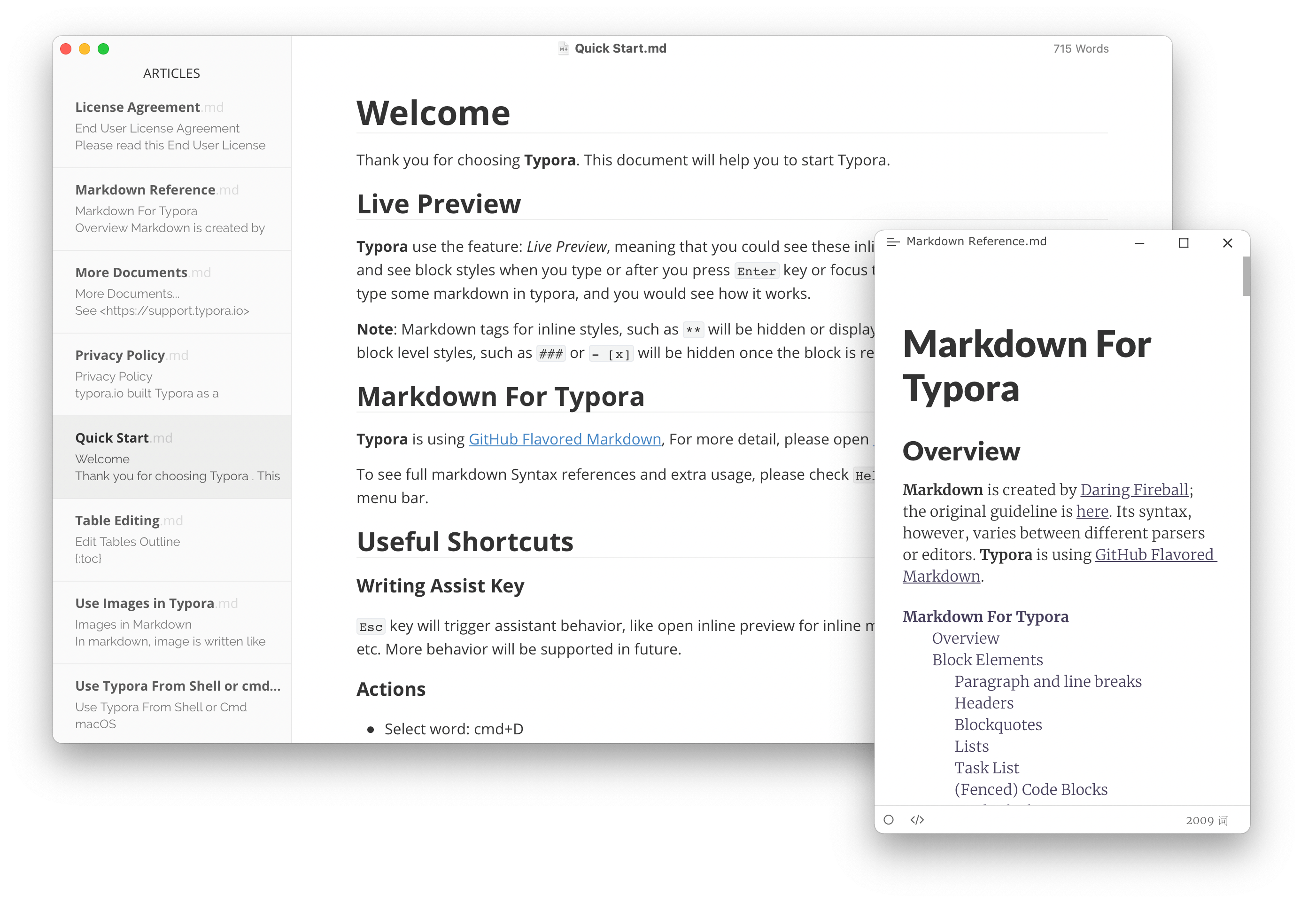


Maple has a command `latex(expression)` that converts a Maple input into LaTeX syntax. Again, you may type in a math formula and copy paste in LaTeX syntax.

Symbolab is a AI-driven website aim at provide step-by-step solutions and practice problems. Indeed, this website is also good to create graphs for your course. You may type in a formula, linearly and when you copy it to markdown, you will see the LaTeX syntax. There are also tools that can scan math formulas and convert them into LaTeX. LaTeX has been adapted by many softwares for displaying math. # Create LaTeX Syntax Using Desmos, Symblab, Maple, or Mathpix **Note:** Do not leave a space between the `$` and your mathematical notation. # Fei Ye Department of Mathematics and Computer Science # Rmarkdown and Other Productivity Tools for Math Teachers People often ask me what programs I use for my writing and design.Rmarkdown and Other Productivity Tools for Math TeachersĬlass: center, middle, inverse, title-slide

In truth, my workflow tends to look like this or this, but here’s a more detailed list of all the interconnected programs I use. I permanently ditched Word as a writing environment in 2008 after starting grad school.I try to keep this updated fairly regularly. I do all my writing in pandoc-flavored Markdown (including e-mails and paper-and-pencil writing)-it’s incredibly intuitive, imminently readable, flexible, future proof, and lets me ignore formatting and focus on content.
#Typora footnotes pdf
I use my own variation of Kieran Healy’s Plain Text Social Science workflow to convert Markdown to HTML, PDF (through LaTeX), and Word (through LibreOffice). I store all my notes in Bear, which has fantastic support for Markdown and syncs across all my devices through iCloud.I read and annotate all my PDFs with Skim (and iAnnotate on iOS), since both export annotations as clean plain text.I store all my bibliographic references, books, and articles in a BibTeX file that I edit with BibDesk. I post almost everything I write or develop on GitHub.I abandoned Evernote in September 2018 after 9 years of heavy use, given their ongoing privacy controversies and mass layoffs. I use R and RStudio for most of my statistical computing, and I’m a dedicated devotee of the tidyverse.
#Typora footnotes full
In the interest of full reproducibility and transparency, I make R Markdown websites for each of my projects. I don’t typically make full-blown literate documents (like, I have yet to write a full article or book in R Markdown)-instead, I generate figures and tables with R and reference them in my writing.


 0 kommentar(er)
0 kommentar(er)
